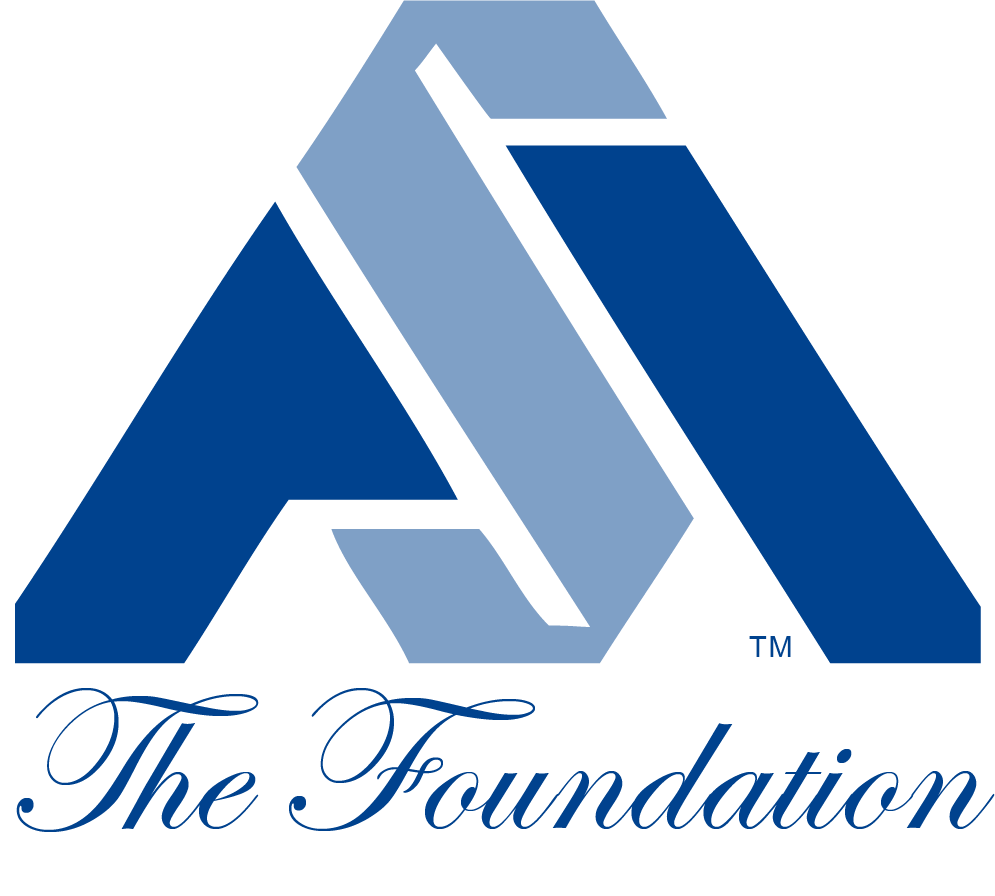Dear ASA Members,
We’ve made it! 2020 has been a year unlike any we have ever seen, but we have persevered through everything this year has thrown at us. ASA members are strong, and we will always be stronger together as our collective voice grows louder for the issues important to our industry. If you have colleagues in the industry who are not ASA members, let them know what they are missing! We would love for them to add their voice to everything we do, and welcome them into the incredible community that we call ASA. There is so much available to you and your business as ASA members at the chapter level and through ASA National, and that makes me incredibly proud to lead such an amazing organization. All ASA members, whether you are a new member or have been with us for many years, are encouraged to be sure to take advantage of everything that your membership has to offer.
During this “lame duck” session of Congress post the 2020 Election, our government relations team have been furiously working on our key legislative priorities regarding timely payment of change orders and the prohibition of reverse auctions in construction services. Additionally, in response to the House’s recent passage of the MORE ACT (the Marijuana Opportunity, Reinvestment and Expungement Act), ASA sent a letter to the House Congressional Leadership in advance of the vote, expressing our concerns that work in the construction industry entails hazardous tasks with numerous laws, regulations and industry best practices to protect workers and the public. While it is reasonable and responsible for employers to ban marijuana during work hours, on-demand testing for marijuana impairment does not currently exist and impairment can last beyond the subjective high or simple observation tactics. Any relaxing of federal drug restrictions by Congress must ensure the ability of employers to continue instituting zero tolerance policies that are free from labor and employment law liability. Federally declassifying marijuana as an illegal drug would only further complicate employers’ compliance concerns; thereby we remain cautious against advancing the MORE Act too quickly without adequate consideration of its real-world implications for the workforce, and we encourage Congress to further study the impact of decriminalization on job site safety. The MORE Act will not be considered for a vote in the Senate.
On the Paycheck Protection Program (PPP) regarding the recent updates on loan forgiveness and the loan necessity questionnaire, ASA sent a letter urging congressional leadership to pass legislation before the end of the year that includes a technical correction addressing the tax treatment of loan forgiveness under the Paycheck Protection Program (PPP). In May, IRS issued Notice 2020-32 ruling that expenses associated with PPP loan forgiveness were not tax deductible. Since then, the IRS issued Revenue Ruling 2020-27, stating that expenses funded through a PPP loan are not deductible for 2020 if “the taxpayer reasonably expects to receive forgiveness of the covered loan on the basis of the expenses it paid or accrued during the covered period, even if the taxpayer has not submitted an application for forgiveness of the covered loan by the end of such taxable year.” The recent Revenue Ruling means that Congress should act now, during the lame duck, to address this issue before business owners start getting hit with surprise tax increases, at the same time as many states are issuing fresh orders to shutdown or slowdown business operations. On the questionnaire, ASA urged congressional leadership to stop the Small Business Administration (SBA) from issuing a loan necessity questionnaire required for loans of more than $2 million. These questionnaires request information about gross revenues, capital improvement projects, dividend payments and compensation, including whether any employees earn more than $250,000.
Finally, ASA joined 32 national organizations urging the completion of a final FY21 Transportation, Housing and Urban Development, and Related Agencies (THUD) appropriation bill before the current continuing resolution ends on December 11th. The legislation should include full funding for core highway and public transit programs at authorized levels as well as increased supplemental investments in these programs. The one-year extension of the FAST Act surface transportation law and additional resources for the Highway Trust Fund, which were attached to the continuing resolution, are critical to continuing important investments in highways, bridges, and public transit systems. State departments of transportation and public transportation agencies cancelled or delayed more than $12 billion in projects due to pandemic-related factors. Extending these programs at FY 2020 levels provides needed certainty and is crucial to staving off further cuts.
Thank you for all of the hard work that you have put in during 2020. I have never been more excited for a new year, and can’t wait to see where 2021 takes us. Stand together, stay safe, and have a wonderful new year.
God Bless,
Brian Cooper
ASA President 2020-2021














